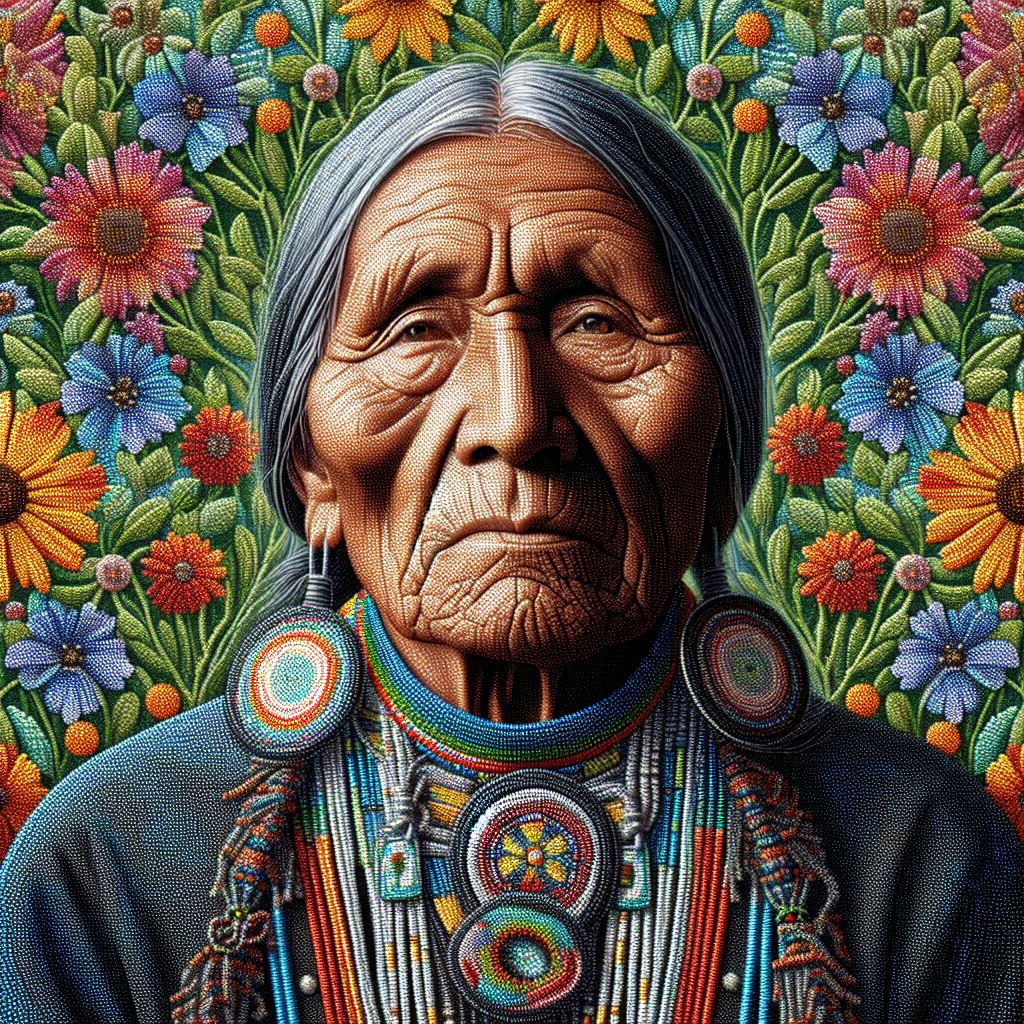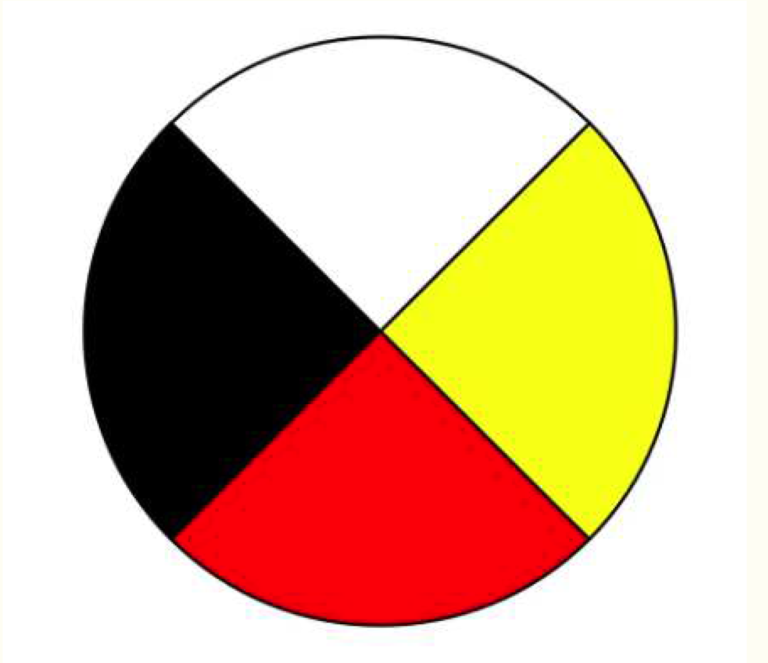Reframing Academic Rigor: The Embedded Rigor of Indigenous Ontologies
Academic rigor is traditionally attributed to the methodical pursuit of knowledge within the halls of higher education. However, this recognition often bypasses the intricate systems of rigor that are inherent in Indigenous ontologies. These systems, defined by principles of care, responsibility, and relationality, hold profound standards of intellectual diligence that academia has yet to fully embrace. In this discourse, we explore how Indigenous frameworks are not just supplementary to academic rigor but are, in fact, foundational to a more holistic understanding of rigor — one that the academic realm greatly needs.
Care: The Rigor of Sustainability and Stewardship
Indigenous ontologies are rooted in a deep sense of care for the environment, recognizing the interconnectedness and interdependence of all living things. This translates into meticulous environmental stewardship and sustainable practices that have been maintained with precision over countless generations. This level of natural resource management exemplifies a form of academic rigor grounded in empirical knowledge and lived experience — a level seldom matched by contemporary Western standards.
Responsibility: The Rigor of Governance and Ethics
Indigenous societies adhere to strict codes of governance and ethical conduct, guided by long-held traditions and agreements that hold their communities together. Far from being arbitrary, these systems are carefully designed and rigorously upheld, reflecting a commitment to collective well-being that extends beyond the self. The responsibility demonstrated by Indigenous communities offers a paradigm of rigor in social and ethical research areas, one that commands respect and recognition within academic study.
Relationality: The Rigor of Social Knowledge and Hereditary Rights
Relationality in Indigenous ontologies is not merely a social nicety but a complex system of kinship and alliances that bind individuals to their community, ancestors, and the land itself. This intricate web of relationships demands an exacting intellectual and emotional investment from community members—a form of rigor involving deep respect for societal roles, oral histories, and hereditary rights. These relationships, underpinned by meticulously maintained oral traditions and ceremonies, contribute to a systematic and rigorous understanding of cultural continuity and adaptation that far surpasses many academic approaches to social sciences.
The Inherent Rigor in Indigenous Ontologies
Indigenous ontologies encompass an inherent rigor that is often overlooked by dominant academic models that prioritize quantitative over qualitative, and empirical over experiential. Yet, Indigenous knowledge systems subscribe to highly disciplined, methodological approaches to learning gained from observation, storytelling, and lived experience — all of which require an exacting attention to detail and an adherence to community standards of validation.
Conclusion
It is time for academia to recognize and value the embedded rigor within Indigenous ontologies. The challenge lies not in incorporating Indigenous content into existing frameworks but in reorienting our academic structures to acknowledge the depth, complexity, and exactitude of Indigenous knowledge systems. These systems of care, responsibility, and relationality are not only rigorous in their own right but bring a much-needed dimension to the pursuit of knowledge — one that fosters a more interdependent and balanced approach to learning and living.
By truly valuing these principles, we do more than diversify our intellectual pursuits; we transform our understanding of what it means to engage in rigorous scholarship. We begin to see how Indigenous communities have long practiced a level of intellectual and ethical rigor that can profoundly inform and reshape the academic discourse, bringing forward a vision of scholarship that is as deeply responsible to the world and its future as it is committed to the pursuit of truth and understanding.





